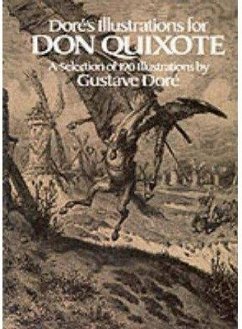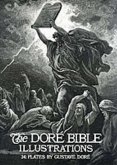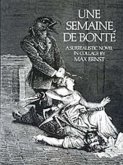190 wood-engraved plates, 120 full-page: charging the windmill, traversing Spanish plains, valleys, mountains, ghostly visions of dragons, knights, flaming lake. Marvelous detail, minutiae, accurate costumes, architecture, enchantment, pathos, humor. Captions.
Hinweis: Dieser Artikel kann nur an eine deutsche Lieferadresse ausgeliefert werden.
Hinweis: Dieser Artikel kann nur an eine deutsche Lieferadresse ausgeliefert werden.








